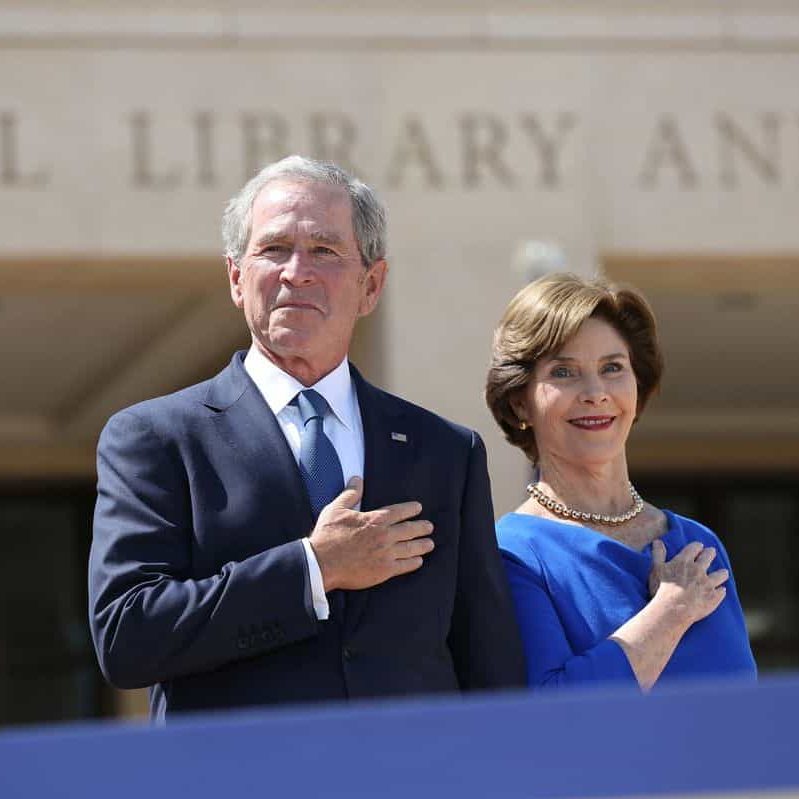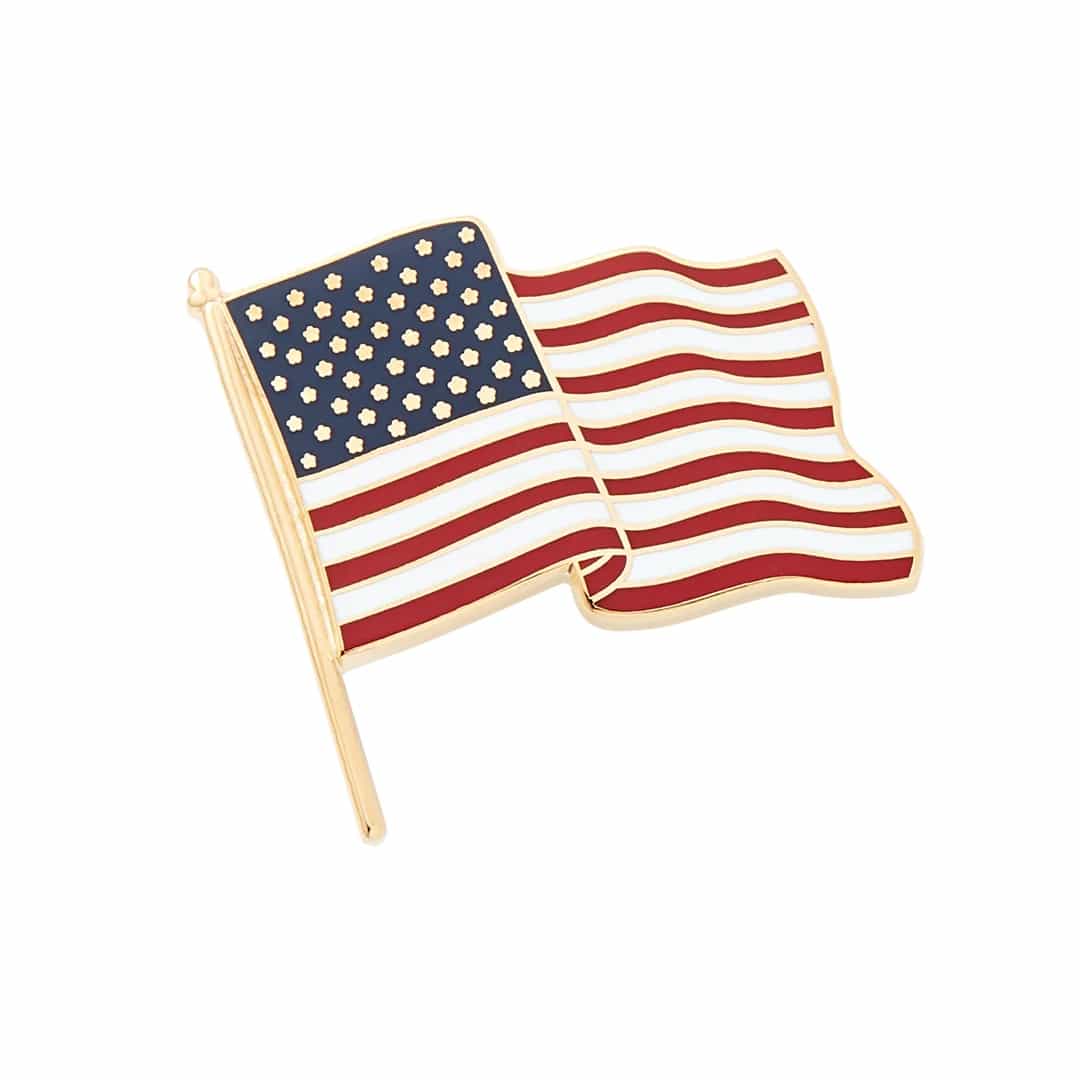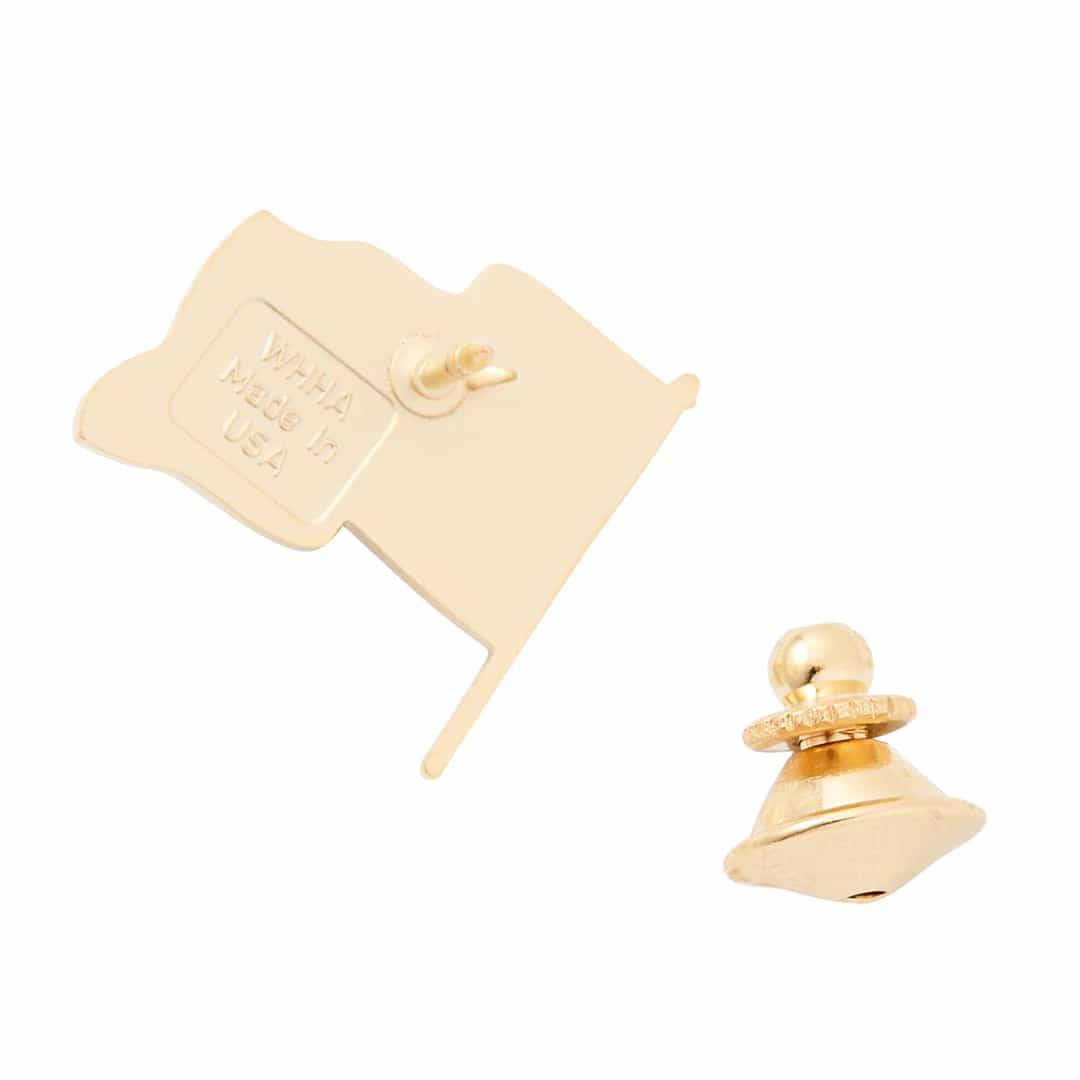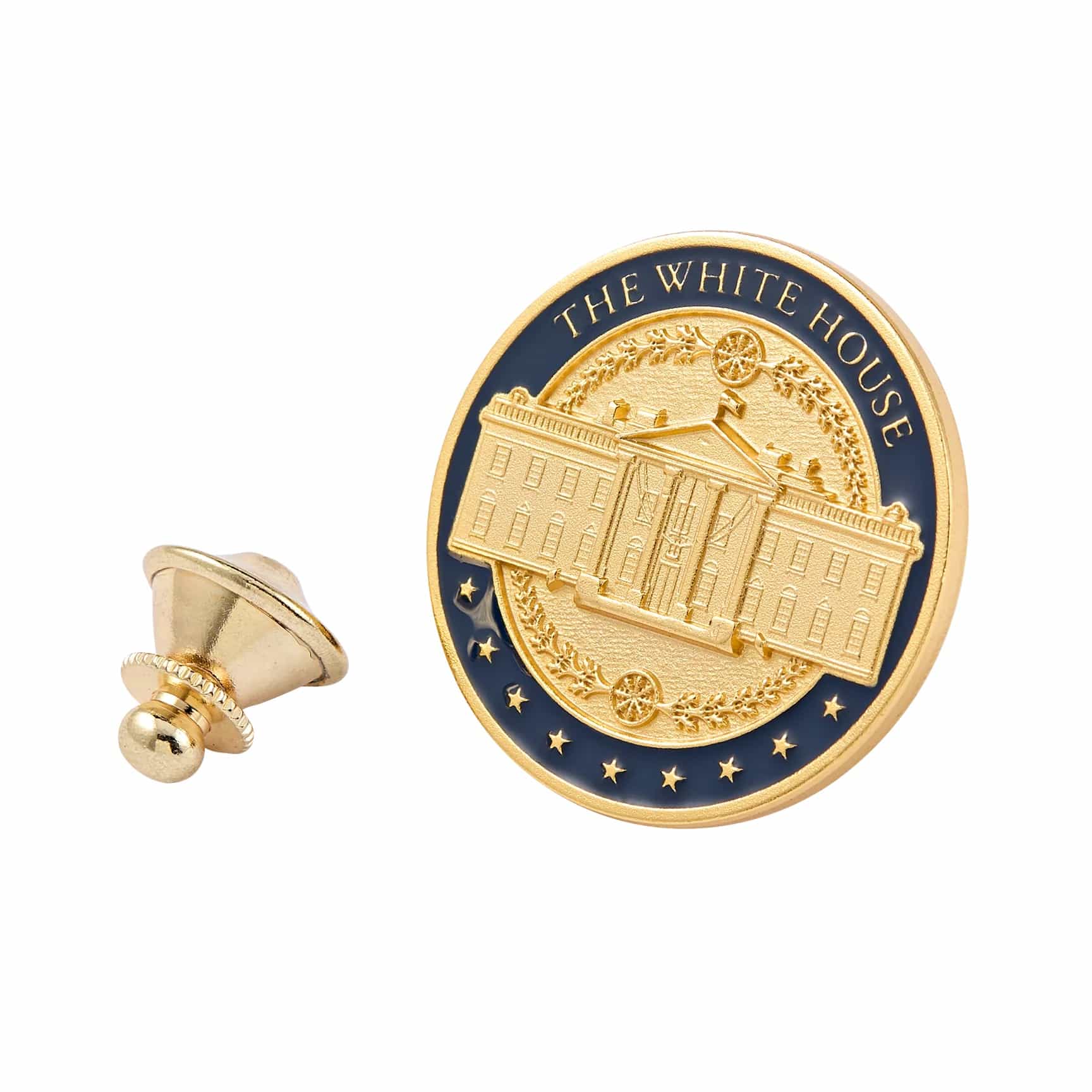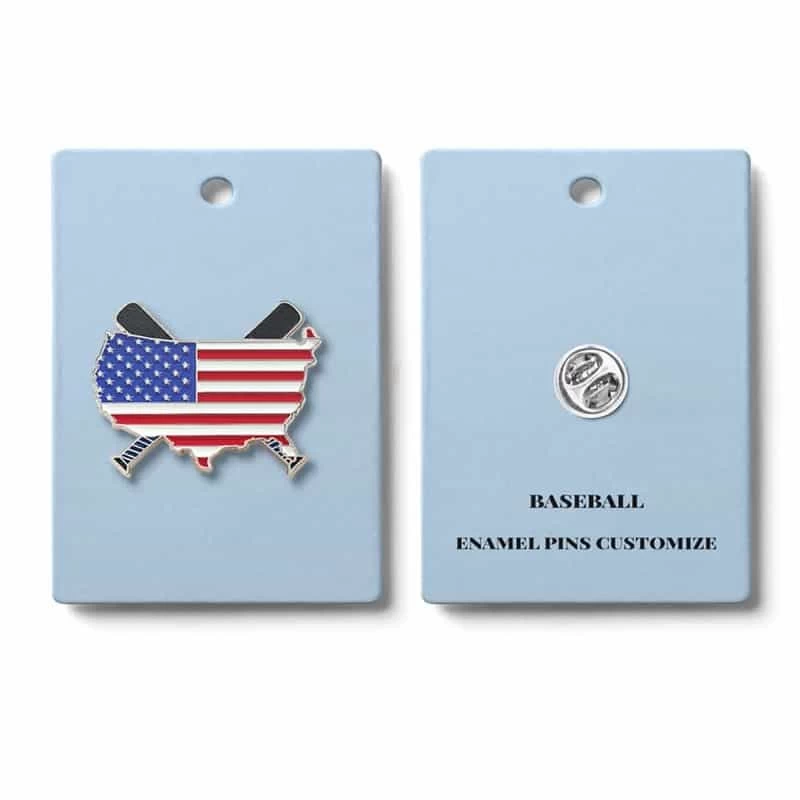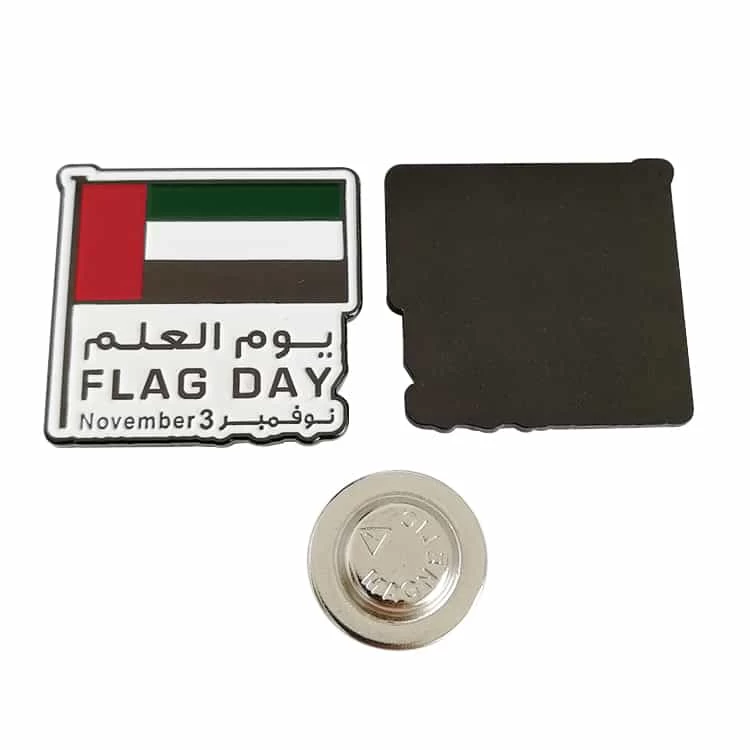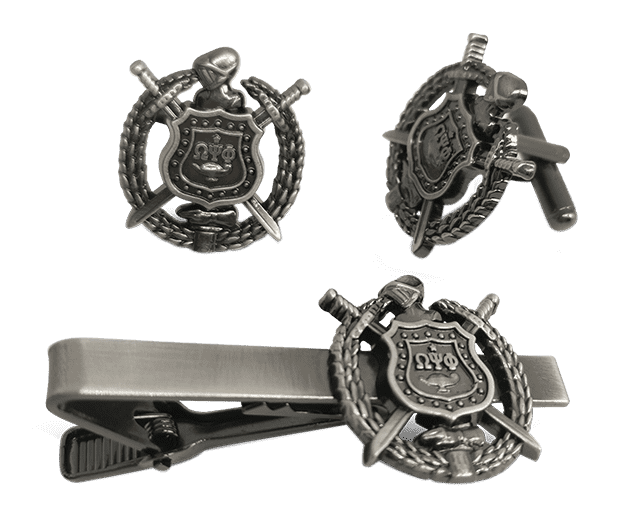Introduction: The Versatility of Lapel Pins
Lapel pins badges, as an exquisite and symbolic accessory, play a crucial role in conveying deep social, political, or cultural messages at various formal occasions.
At many formal events, especially political meetings or international summits, where strict dress codes are required, a suit is often the standard attire. In such cases, wearers are unable to express their personal stance or demands through ethnic or regional clothing or overly conspicuous accessories. Therefore, custom-designed lapel pins become an ideal choice. These pins meet the requirements of formal attire while also conveying the wearer’s personality, identity, or political stance in a subtle yet meaningful way.
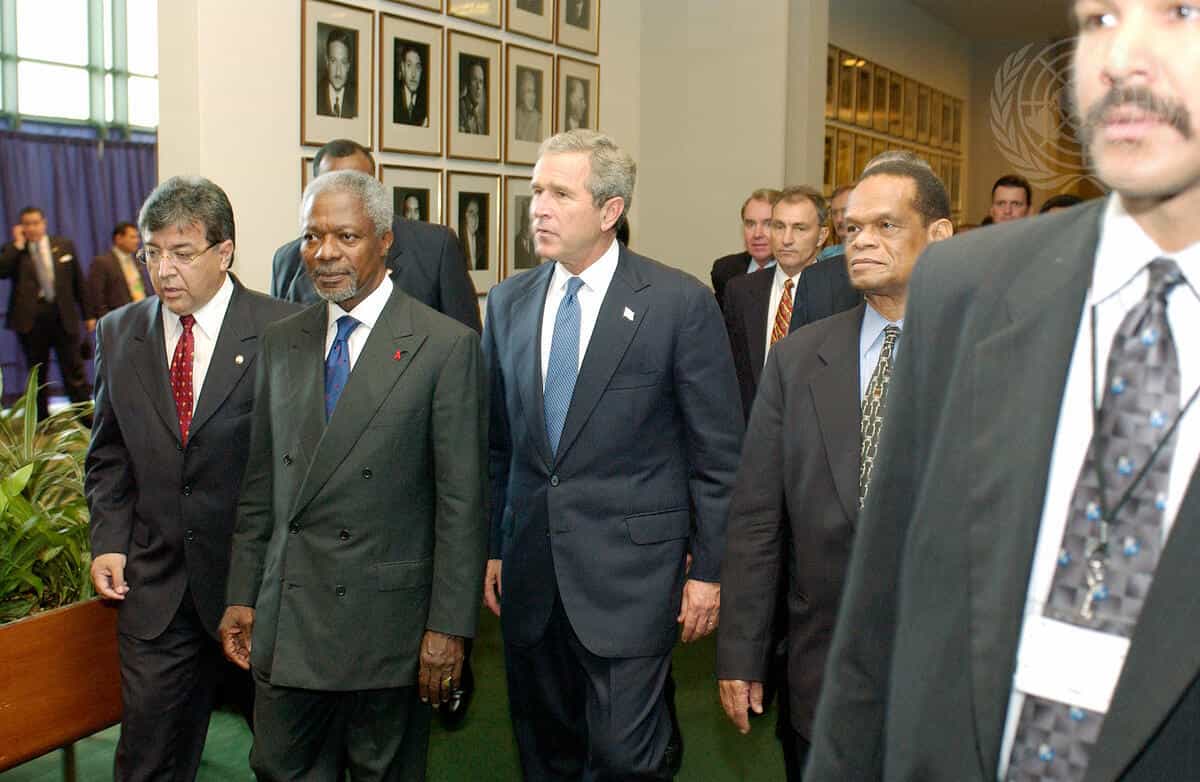
Expressing Recognition or Background: Authoritative Lapel Pins
- Political Events
Lapel pins are often used in political settings to display authority and identity. The U.S. Congress badge, with a long history, was first introduced in 1975 to identify congressional members and help security personnel, the media, and congressional staff quickly recognize them. The membership of the U.S. Congress is fluid, especially during election cycles when new members join. As a result, the design of the badge often changes to reflect current political trends and the new members' entry. A badge is not only an identity marker but also often becomes a symbol of political activity. For example, U.S. Congressman Ted Lieu from California commented on Twitter that the jagged edge design of the 116th Congress badges aptly reflected the current political climate, hinting at the division and confrontational emotions. This design cleverly captured the political atmosphere at the time, becoming a powerful symbol of the prevailing political situation.
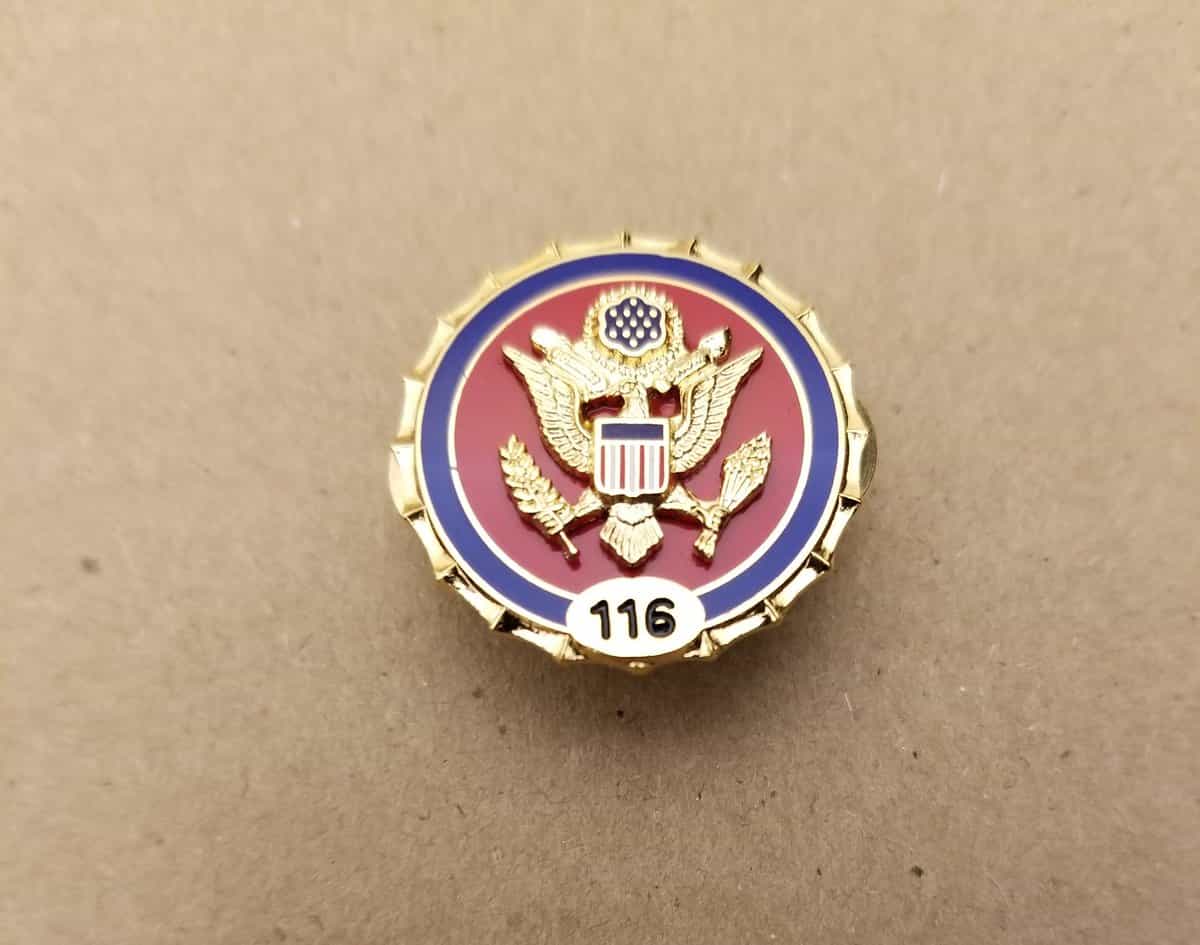
French President Emmanuel Macron, in his official portrait, wears a lapel pin that subtly showcases his political background and identity. The pin symbolizes the Grand Cross of the Legion of Honor, the highest level of the French national honor, acknowledging outstanding contributors. By choosing this symbol, Macron not only conveys respect for French traditions but also demonstrates his role as the leader of the Legion of Honor, representing authority. This detail seamlessly integrates his personal image with the national emblem, conveying stability and a deep connection to French cultural values.

At global conferences such as international summits, many country representatives wear their national flag lapel pins to emphasize national sovereignty and participation, while symbolizing their commitment to international affairs. These lapel pins are often designed with significant symbolism, using colors, patterns, and forms to communicate national strength, culture, and political positions. For example, at the United Nations General Assembly, diplomats and leaders wear flag pins to demonstrate respect for national sovereignty and their attention to international relations. A common design is two crossed national flag pins, often symbolizing cooperation and friendship between two nations, showcasing the close diplomatic, economic, or other types of relationships between them. Such lapel pins not only reflect a country’s culture and political stance but also convey the spirit of international cooperation.
- School and Organizational Events
In schools and educational institutions, custom lapel pin badges are not only a tool for brand promotion but also deeply reflect the institution’s culture, honor, and sense of belonging. Mascots, a common design element in U.S. educational institutions, are often featured in badges, symbolizing the school’s spirit and traditions. Many U.S. universities showcase and sell badges, license plate frames, and other merchandise in gift shops or visitor centers. These products, typically incorporating the school’s emblem, mascot, and signature colors, not only foster connections between alumni and students but also serve as important symbols of identity and contribution, especially in interactions with donors, alumni, and sponsors. At the same time, these products generate substantial commercial value, providing additional revenue streams and contributing to the continued promotion of campus culture.
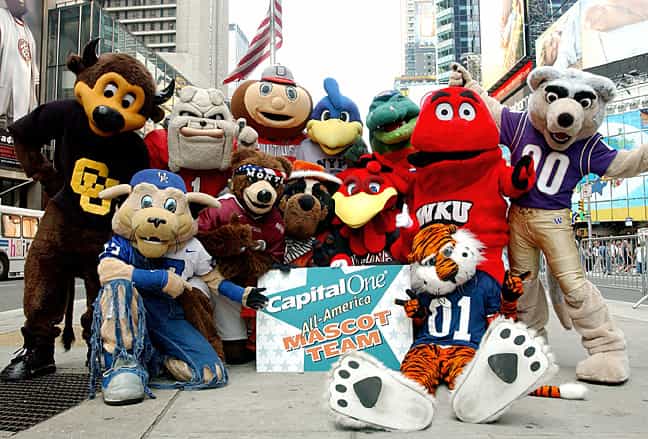
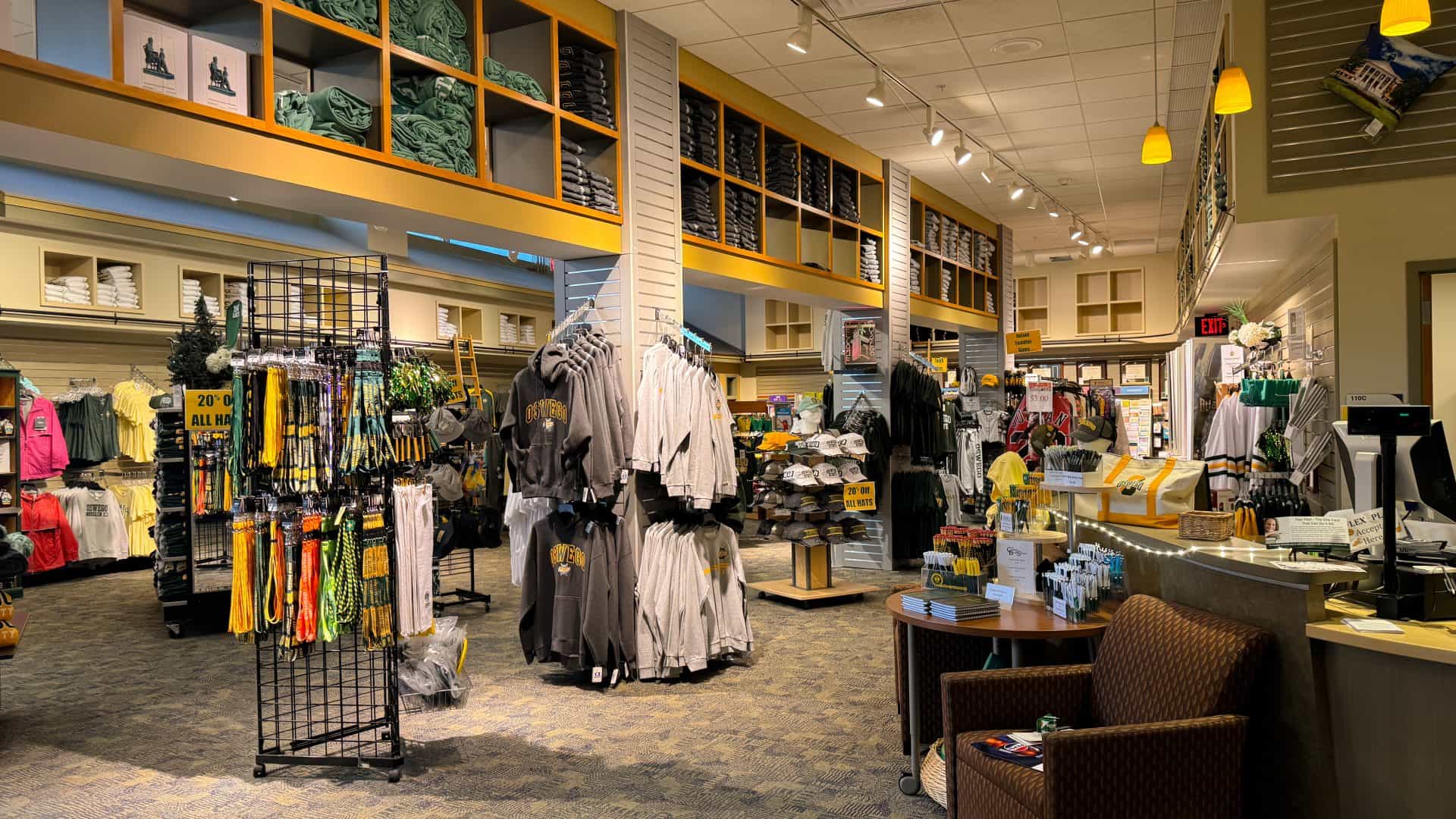
- Association and Club Events
In the series Billions, Ari Spyros, a former SEC official who joined Bobby Axelrod's investment firm AxCap, is thrilled to receive a tiny lapel pin. This badge symbolizes his passing Mensa International's recognition, highlighting his exceptional intellectual abilities and his status as a highly intelligent risk control expert.
Similarly, Wags (Mike Wagner) proudly wore the lapel pin of the “Fallen Elite” club, following the club’s dress code as he first entered this social circle, only to discover that the club was a scam. Upon realizing this, Wags immediately removed and discarded the pin, demonstrating the importance of the lapel pin in social circles and its dual significance as a symbol of identity and honor.
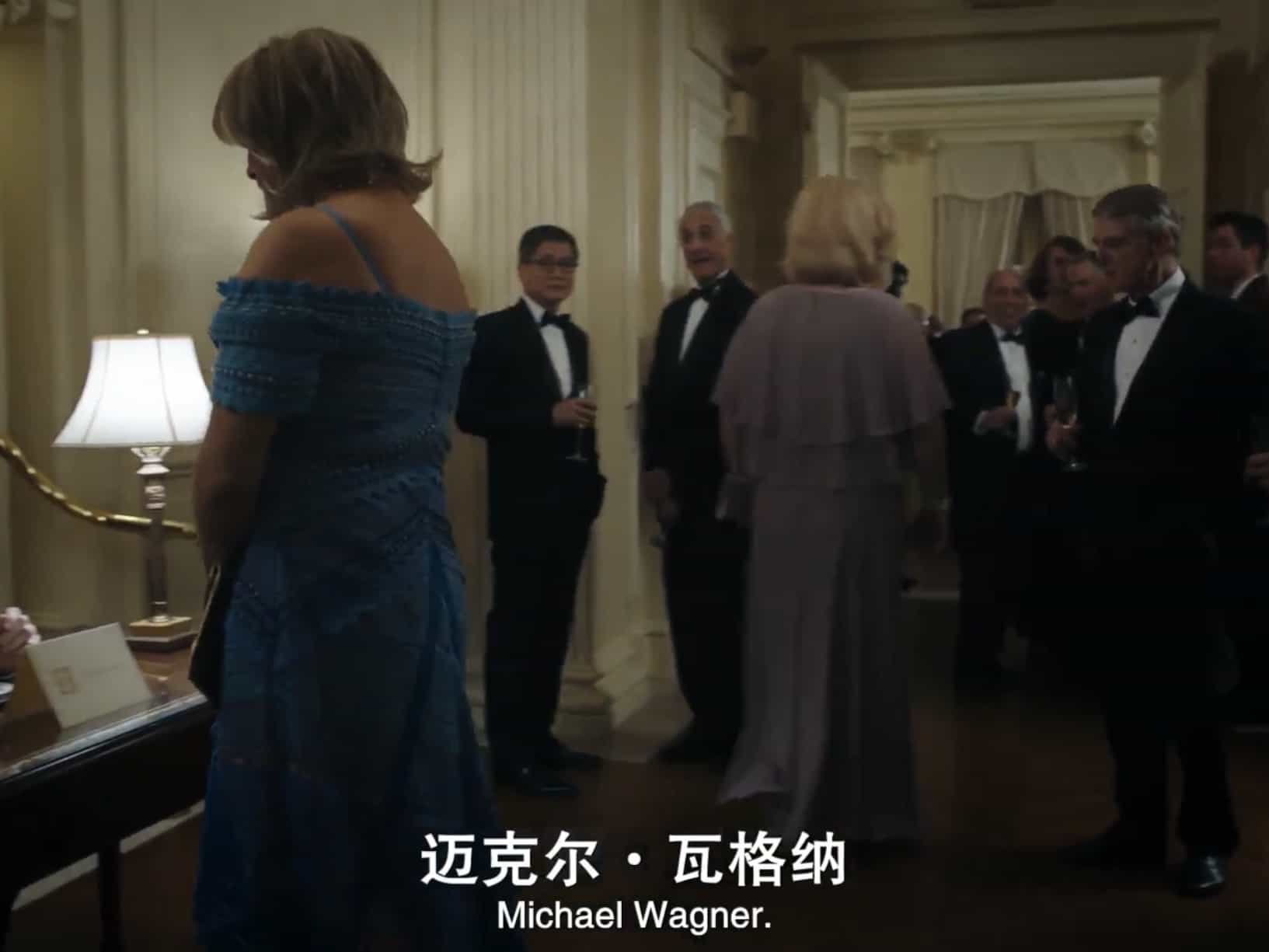
Conveying Symbolic Meaning: The Cultural and Social Influence of Lapel Pins
- Political Events
Lapel pins often serve as an important tool for political figures to express their stance and values. For instance, the flag pins worn by U.S. Presidents and Congress members communicate loyalty and unity to the public. In 1972, actor Robert Redford's portrayal in The Candidate wearing a flag pin caught the attention of Richard Nixon's Chief of Staff, Har Nixon adopted this suggestion, making the flag pin part of his personal emblem, symbolizing political identity. However, after the Watergate scandal and Nixon’s resignation, this tradition faded. After the 9/11 attacks, President George Bush again wore the flag pin and required his staff to wear it, symbolizing national unity and resilience.
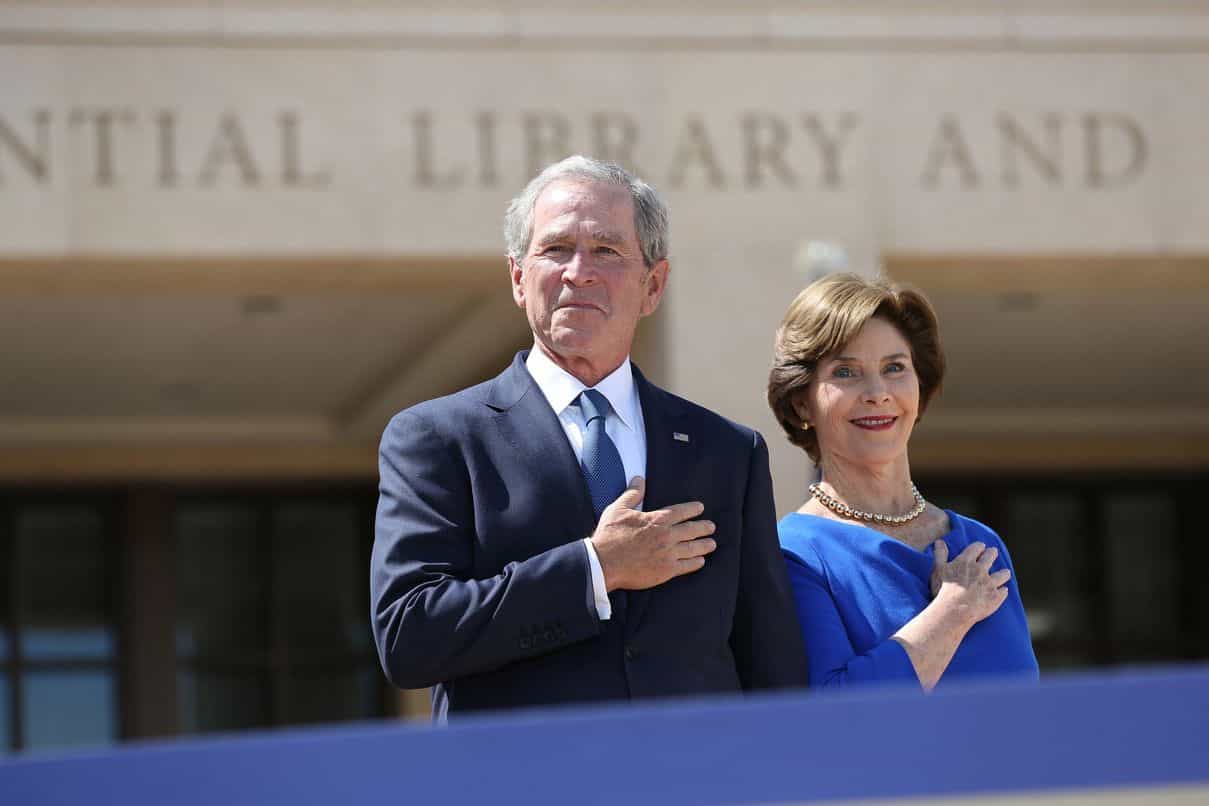
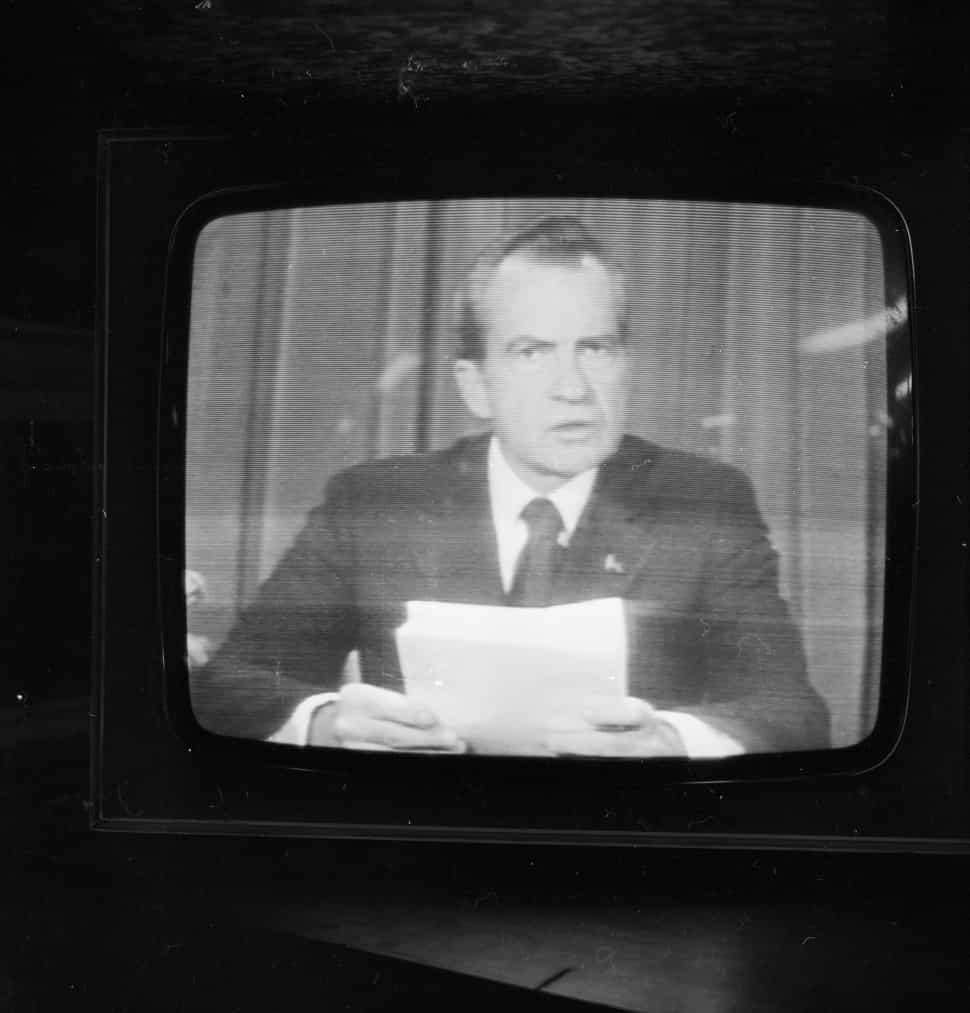
In 2007, U.S. presidential candidate Barack Obama faced controversy for not wearing a flag pin, sparking widespread public discussion. This event highlighted the symbolic and sensitive nature of lapel pins in political settings, reinforcing that pins are not just accessories but crucial tools for politicians to convey their values and positions.
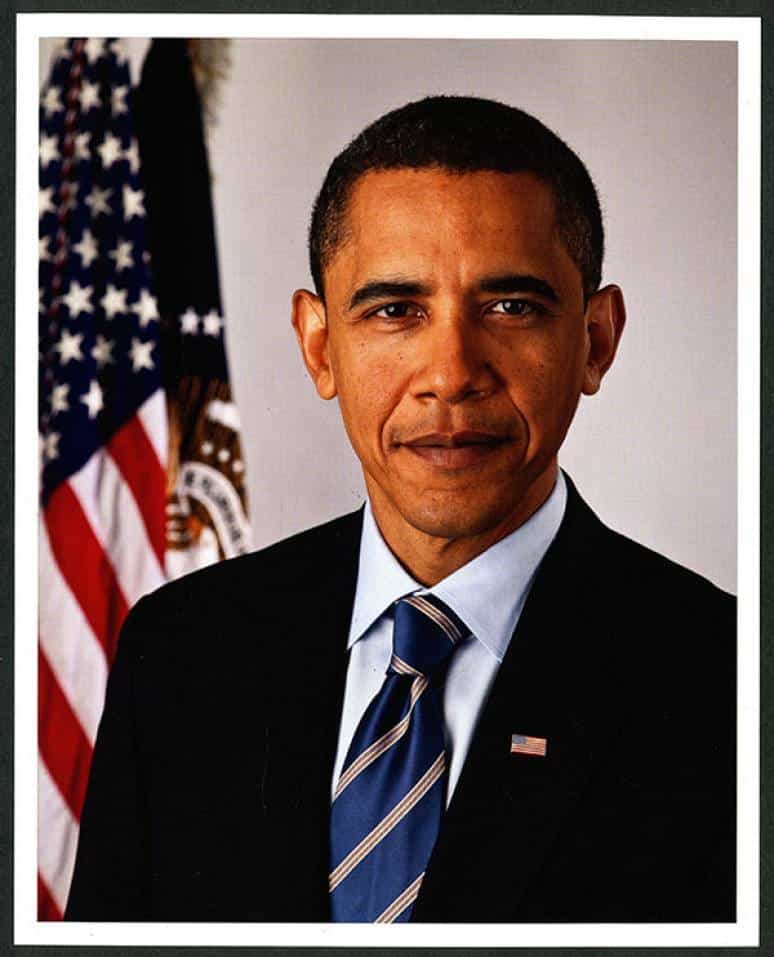
Political figures also often wear specially designed pins to show support for specific social issues or movements. These pins act as symbols, expressing strong social and political stances in public settings and becoming a mark of identity. Here are some representative examples:
- Madeleine Albright's Insect Pins: Former U.S. Secretary of State Madeleine Albright became famous for her collection of pins, particularly her insect pins, which were seen as a protest against espionage, demonstrating her unique way of conveying strong political views through accessories.
- Margaret Thatcher's Iron Pin: As the British Prime Minister, Margaret Thatcher’s iron pin symbolized her tough political style and determination for economic reforms, particularly showcasing her leadership during economic policy challenges.
- Carrie Lam’s Hong Kong Handover Pin: Hong Kong's Chief Executive Carrie Lam wore a pin to mark the return of Hong Kong, symbolizing her support for the "One Country, Two Systems" policy and her commitment to national unity.
- Kate Middleton’s Red Poppy Pin: British royal Kate Middleton wore a pin with three red poppies on Remembrance Day to honor her ancestors who died in World War I. This choice demonstrated her respect for family history and support for national memorial activities.

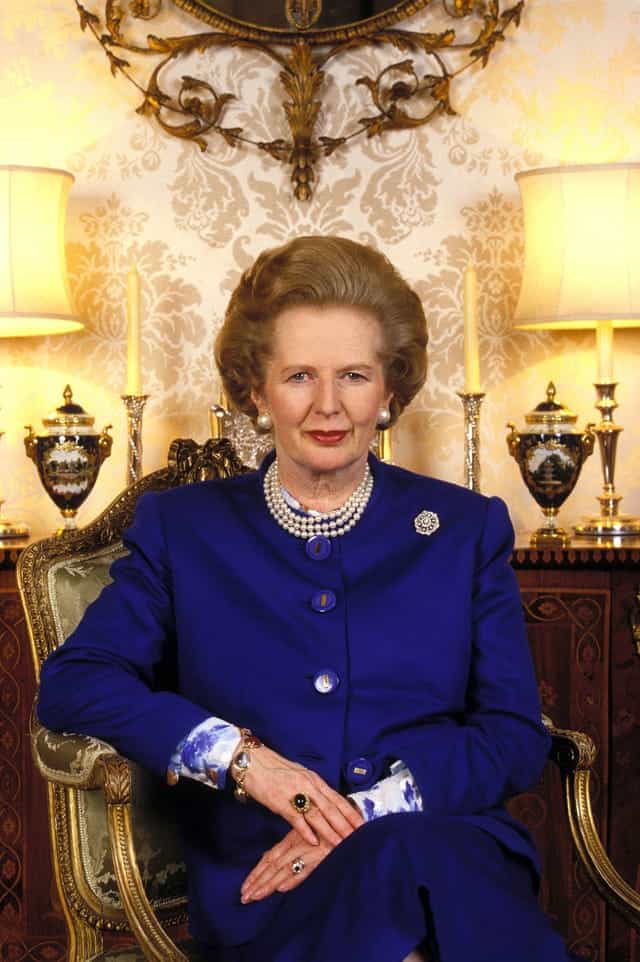
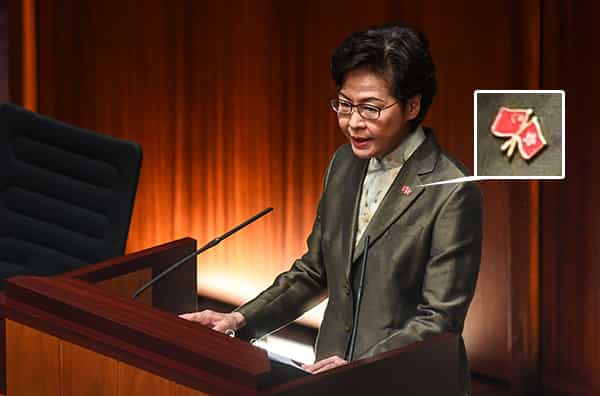
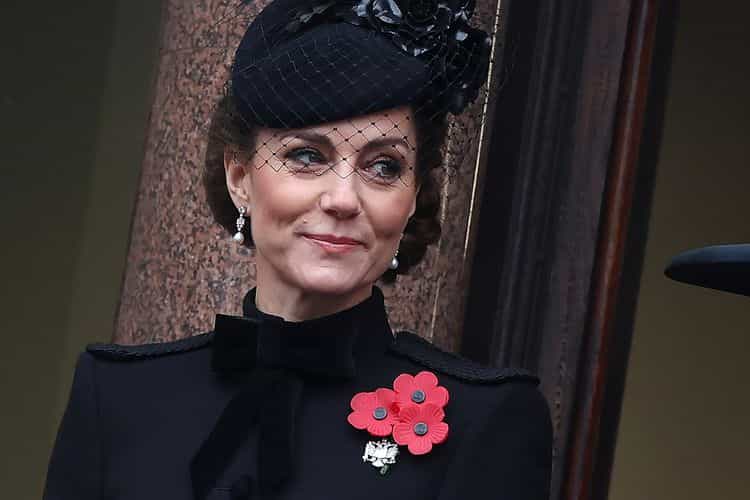
These pins are not just political symbols; through clever design and unique symbolism, they convey the wearer’s stance, becoming far-reaching cultural and social emblems. Pins also play an important role in supporting social movements. For example, many U.S. congress members wear “Black Lives Matter” pins, symbolizing opposition to police violence and racial inequality, clearly stating their commitment to social justice and opposition to racial discrimination.
- Large-Scale Events
At major public events, lapel pins often serve as symbols supporting social movements. For example, actor Mark Ruffalo wore an enamel pin at the 96th Academy Awards to support the "Artists4Ceasefire" movement, advocating for a ceasefire between Israel and Palestine. This pin not only caught the attention of the audience visually but also communicated Ruffalo’s stance on peace and humanitarian issues, becoming a symbol for social causes.

In addition, similar events include public figures and celebrities wearing "purple ribbon" badges to show their support for the anti-bullying movement. When celebrities wear these badges in public, they publicly express their concern for the mental health issues faced by young people and call for greater participation in the fight against bullying. In this way, celebrities not only demonstrate their care for social issues but also leverage the influence of the badge to bring wider attention to the movement.
Showcasing Fashion Style: The Visual and Brand Value of Lapel Pins
- Celebrity Events
In the celebrity world, especially at fashion events, lapel pins have transcended their political or social meaning to become an essential accessory for expressing individuality and brand value. For instance, Christine Lagarde, President of the European Central Bank, is often seen pairing a black suit with a Chanel camellia brooch. This iconic combination not only showcases her elegant style but also highlights the crucial role of lapel pins in the fashion world. Whether in political settings or at fashion events, lapel pins have become an excellent choice for expressing personal style and brand identity.

- Brand Collaborations
As fashion brands increasingly recognize the cultural and fashion potential of pins, many luxury labels have launched pin collections. For example, Van Cleef & Arpels introduced their classic Lucky Animals series, combining artistry with high-end exclusivity. The collaboration between Gucci and Disney produced a series of Mickey Mouse pins, merging the iconic cartoon character with a high-fashion brand to appeal to young consumers. Louis Vuitton’s Monogram pin series further strengthens the brand’s identity and luxury feel, making it an undeniable fashion symbol.

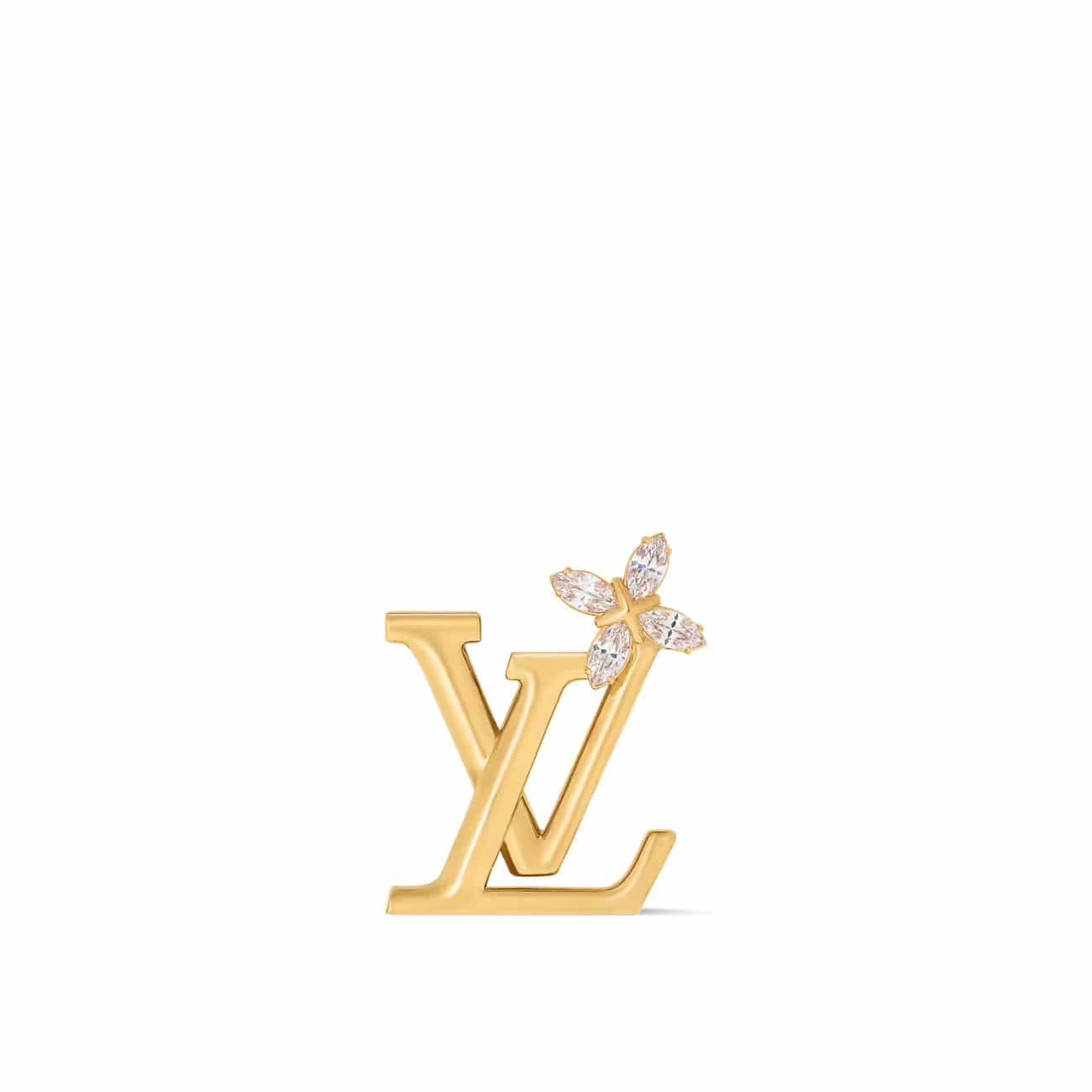
How Custom Designs Enhance the Impact of Lapel Pins
- Design Principles
The design of custom lapel pins should not only focus on symbolism but also align with fashion trends, ensuring they match the wearer’s personality and the occasion’s requirements. When designing, elements such as the wearer’s background, political stance, or cultural identity can be incorporated, making the pin a powerful tool for self-expression.
- Symbolic Design: The design of the pin should carry profound symbolic meaning, using specific patterns or logos to express the core values of the individual or organization. For example, in political settings, the colors, shapes, and symbols of a pin often convey clear political messages.
- Fashionable Design: Modern society has increasingly high aesthetic expectations, so lapel pins should also have a sense of fashion. With clever styling and high-quality craftsmanship, the pin can embody both symbolic significance and fashionable charm, adding a stylish touch to the wearer.
Craftsmanship Selection
Choosing the right craftsmanship is key to the success of custom lapel pins. Whether using zinc alloy, iron, copper, precious metals, or embedding gemstones, along with various coloring techniques such as enamel, soft (imitation) enamel, baking, or printing processes, all these factors directly affect the pin’s appearance and texture. Close collaboration with craft experts ensures that each pin is not only exquisite and unique but also rich in symbolic meaning.
Why Choose ASNY Craft Factory for Customization?
With years of experience in the custom craft industry, ASNY Craft Factory offers high-quality lapel pin customization services. Whether for personal customization, political events, or brand promotions, ASNY can provide tailor-made design solutions based on customer needs. Through expert craftsmanship and innovative design, ASNY Craft Factory helps clients achieve personalized needs, creating lapel pins that are both symbolic and fashion-forward.
Conclusion: The Unique Charm of Lapel Pins
Lapel pins are not merely decorative items; they carry significant symbolic meaning at important events, conveying the wearer’s identity, stance, and social values. Whether for politicians, celebrities, or ordinary individuals, custom-designed pins offer a clever way to display oneself externally. The meticulous design and production craftsmanship make these pins not only symbolically powerful but also fashionable with unique artistic value. Through ASNY Craft Factory, you can create one-of-a-kind pins that stand out at various occasions and deliver a strong, impactful message.

